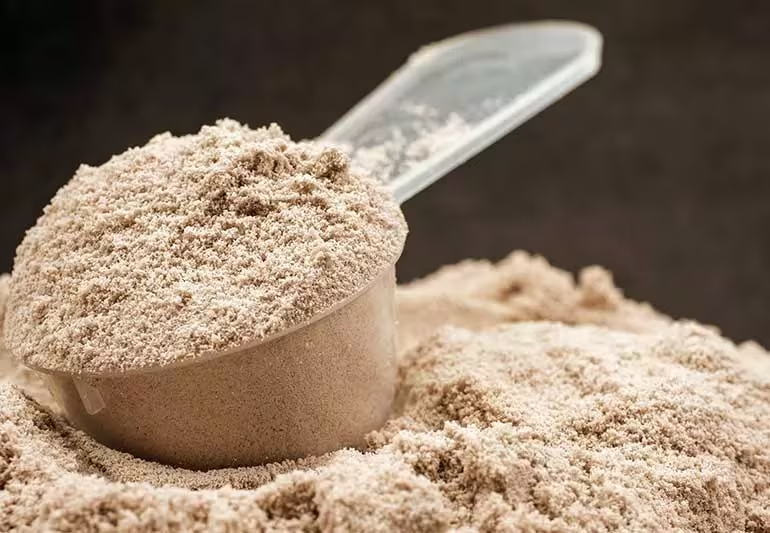THE IMPORTANCE OF PROTEIN

- November 20 2025
- John Pork
HOW MUCH PROTEIN DO YOU REALLY NEED?
Protein is a fundamental building block of life, crucial for everything from muscle repair and growth to enzyme production and immune function. But with so much conflicting information out there, figuring out how much protein you actually need can feel like a guessing game. Let's break it down.
Why Protein is Non-Negotiable
Before diving into numbers, it's important to understand protein's vital roles:
-
Muscle Building & Repair: This is what most people associate with protein. After exercise, protein helps repair damaged muscle fibers and builds new ones, leading to strength and growth.
-
Satiety: Protein helps you feel fuller for longer, which can be beneficial for weight management.
-
Hormone & Enzyme Production: Many essential hormones and enzymes in your body are made from protein.
-
Immune Function: Antibodies, which fight off infections, are proteins.
-
Structural Support: Protein is a major component of your hair, skin, nails, and connective tissues.
General Guidelines: The Baseline
For the average, healthy adult with a relatively sedentary lifestyle, the recommended dietary allowance (RDA) is 0.8 grams of protein per kilogram (g/kg) of body weight.
To calculate this:
-
Convert your weight from pounds to kilograms (divide pounds by 2.2).
-
Multiply your weight in kg by 0.8.
Example: A 150 lb (68 kg) sedentary person would need approximately 54 grams of protein per day (68 kg x 0.8 g/kg).
This is a minimum to prevent deficiency, but many experts argue it's often not optimal for thriving, especially if you're active.
For the Active & Ambitious: Upping Your Intake
If you're regularly exercising, lifting weights, or participating in sports, your protein needs increase significantly. This is because physical activity causes more muscle breakdown, and protein is essential for recovery and adaptation.
Here are common recommendations for active individuals:
-
Endurance Athletes (runners, cyclists): 1.2 – 1.4 g/kg body weight
-
Strength & Power Athletes (weightlifters, bodybuilders): 1.6 – 2.2 g/kg body weight
-
For Weight Loss (to preserve muscle mass): 1.6 – 2.2 g/kg body weight, sometimes even higher in a calorie deficit.
Example: A 180 lb (82 kg) person regularly weightlifting might aim for 131 – 180 grams of protein per day (82 kg x 1.6 g/kg to 82 kg x 2.2 g/kg).
Special Considerations
-
Age: Older adults may benefit from higher protein intake (1.0-1.2 g/kg) to counteract age-related muscle loss (sarcopenia).
-
Pregnancy/Lactation: Protein needs increase to support fetal growth and milk production.
-
Injury/Illness: Recovery often requires more protein to repair tissues.
-
Plant-Based Diets: While easily achievable, plant-based eaters may need to pay closer attention to getting a variety of protein sources to ensure all essential amino acids are consumed.
Spreading Your Protein Intake
It's generally more beneficial to spread your protein intake throughout the day rather than consuming it all in one or two large meals. Aim for 20-40 grams of protein per meal or snack to optimize muscle protein synthesis.
Signs You Might Need More Protein
-
Constant hunger or difficulty feeling full
-
Slow recovery from workouts
-
Muscle weakness or loss
-
Frequent illness
The Bottom Line
While general guidelines exist, your ideal protein intake is highly individual. Consider your activity level, age, health goals, and dietary preferences. It's often best to start with a calculated recommendation for your activity level and adjust based on how you feel, your performance, and your body composition goals.
Always consult with a healthcare professional or registered dietitian for personalized dietary advice.

Leave your thought here
Your email address will not be published. Required fields are marked *